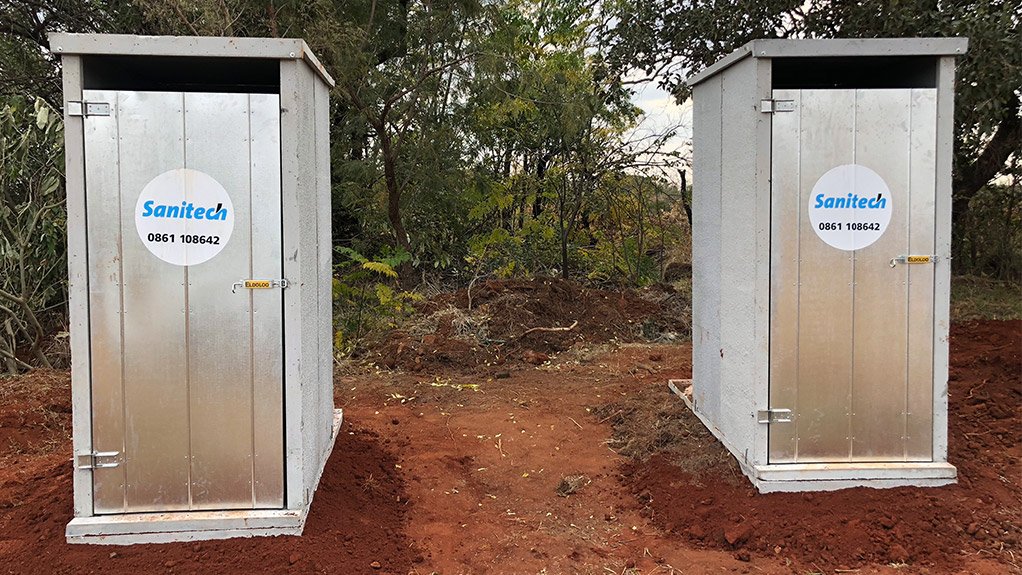
From 2005 to 2017, Human Rights Watch conducted research in countries such as China, Russia, Nepal, South Africa, India and America to assess the levels of sanitation and other basic human rights. Senior women’s rights researcher at Human Rights Watch, Amanda Klasing, said, “The way people are able to manage their bodily functions is at the core of human dignity. Beyond the personal affront, lack of sanitation significantly undermines other human rights, including health and gender equality.”
As one of its goals, The United Nations 2030 Agenda for Sustainable Development calls for access to adequate and equitable sanitation and hygiene for all by 2030. To make this goal happen, it is imperative for basic sanitation to be addressed as a human right.
Water scarcity and drought is an issue all on its own, but the delivery of basic sanitation is as urgent as it was a decade ago. People in rural areas or informal settlements are at a huge disadvantage and many have to walk kilometres just to get to a potable water source. Even in cities where urban sprawl is becoming the norm and municipalities are battling to keep up with providing the infrastructure required, water and sanitation delivery is a problem.
In February this year, the Minister of Basic Education, Angie Motshekga committed to a rapid audit of sanitation and ablution facilities to be done at all schools in the country. This after it emerged that the Eastern Cape was the only province in the country with some schools that have no ablution facilities. Other provinces have similar issues; KwaZulu-Natal has 1379 schools with pit toilets, Limpopo has 932. The free State has five schools with no toilets at all and 23 schools without water, while 196 have pit toilets. In Mpumalanga, 392 schools have pit toilets and North West has 130.
Robert Erasmus, Managing Director of Sanitech, says, “It is simply unconscionable that young learners don’t have access to proper sanitation. There are solutions that can be implemented now, without waiting for major building projects to get off the ground.”
Erasmus is referring to Sanitech’s Khusela DST (Dry Sanitation Toilet), which is waterless and comprises a rotating bowl made from non-stick Nano technology. This ensures no foreign objects can be deposited into the pit, which translates to a vital life-saving mechanism as young children cannot fall in and drown. The bladder is highly durable and adaptable to varying pit sizes and can contain up to 2000 Litres of waste. It also prevents underground water contamination. The tamper proof service hatch is only accessible to the servicing team and aids in the prevention of disposing foreign objects into the toilet/pit. The beauty of the system is that it can be retrofitted to existing pit latrines.
“To grow South Africa into a burgeoning economy, we first need to have young learners who are given every possible chance to thrive. Basic sanitation is one obstacle that can be addressed with ease,” concludes Erasmus.